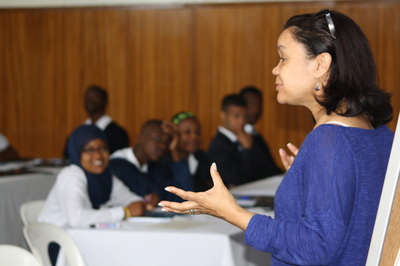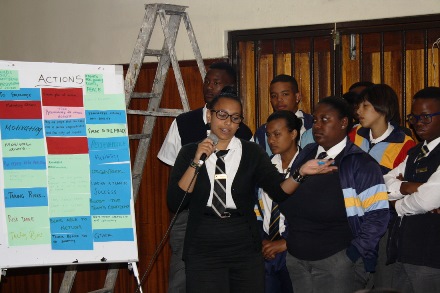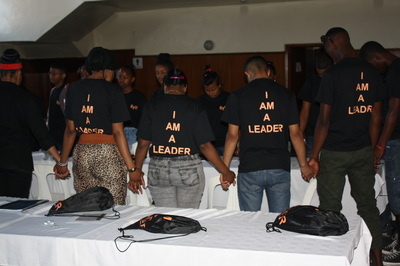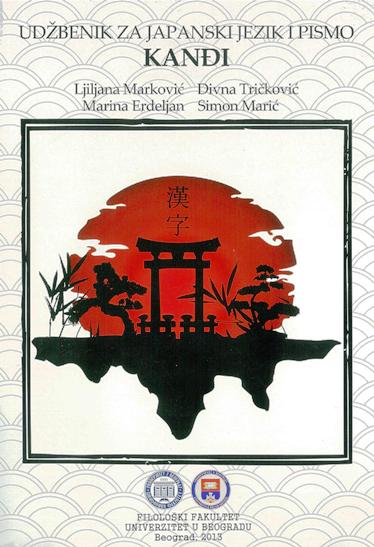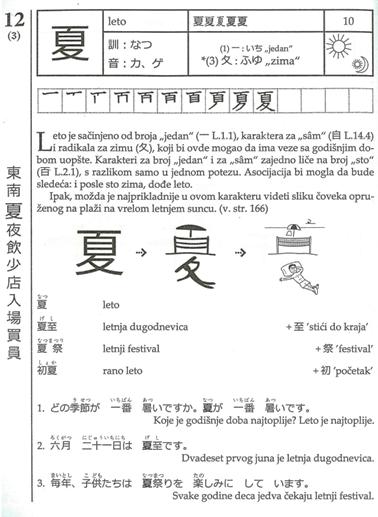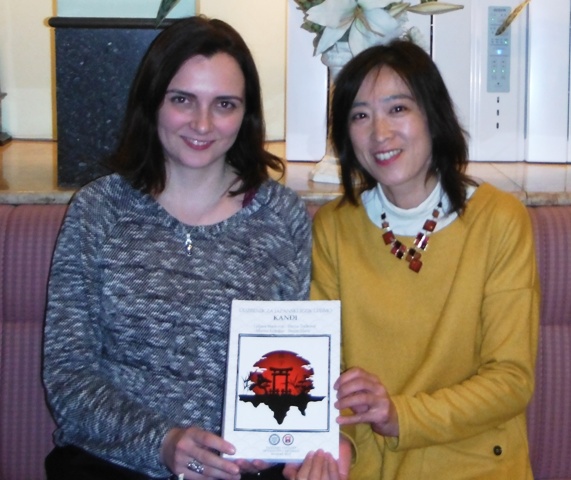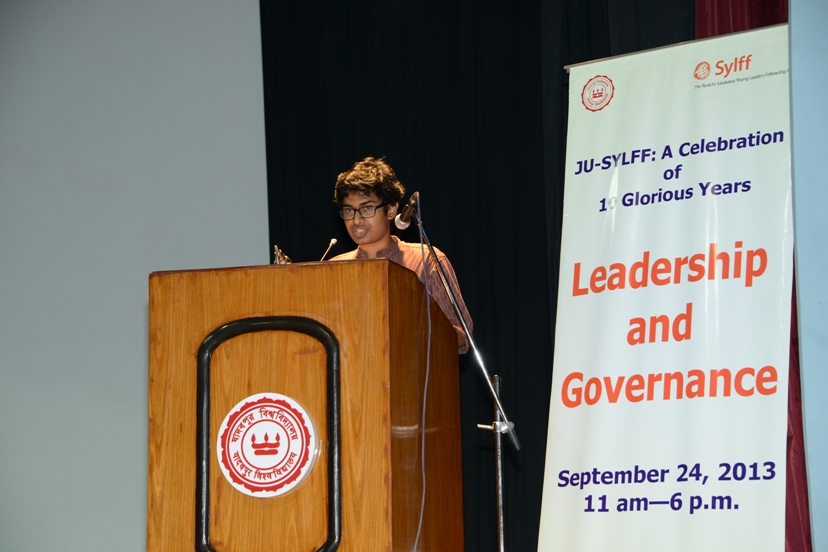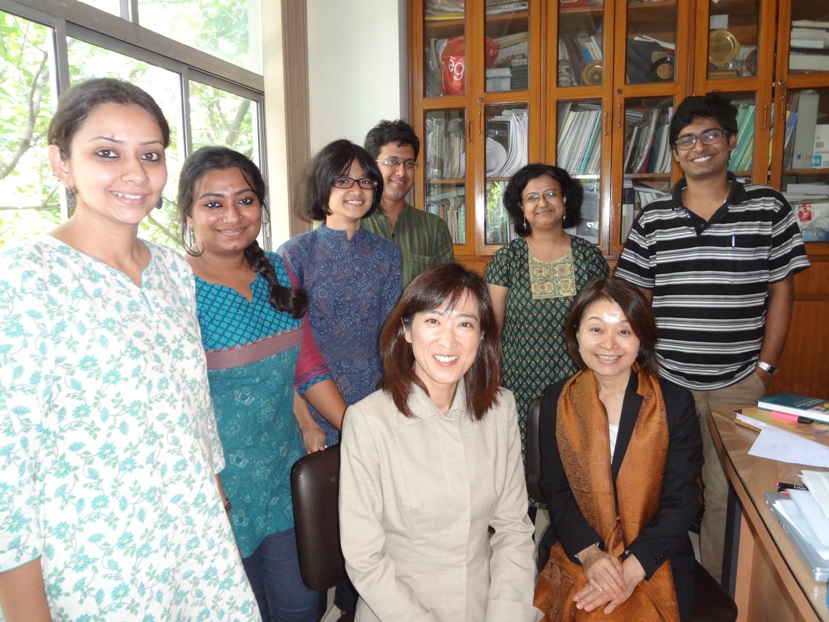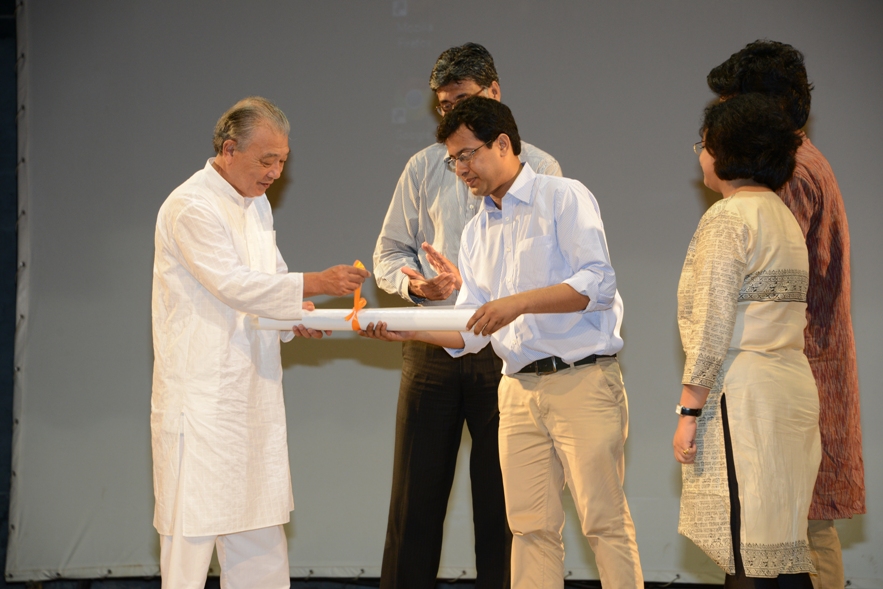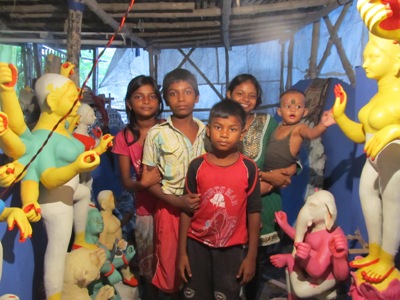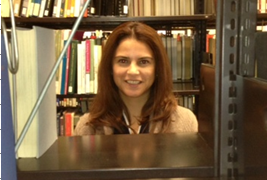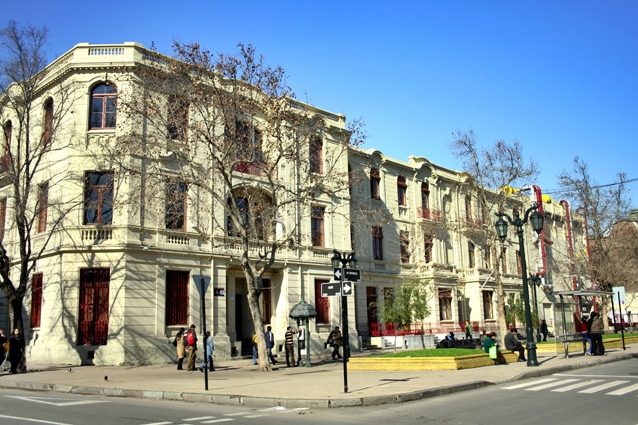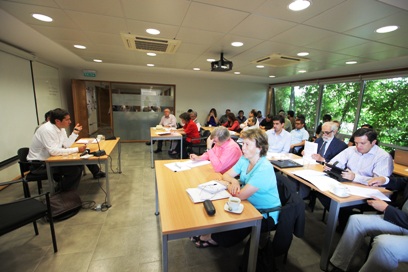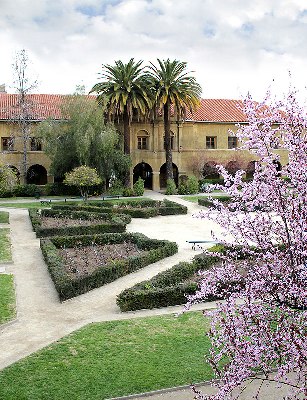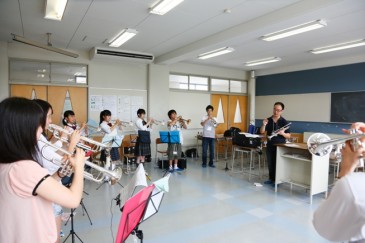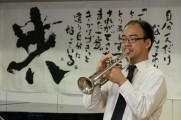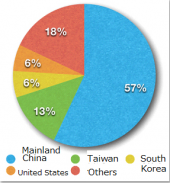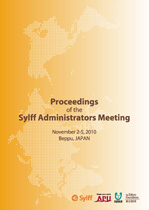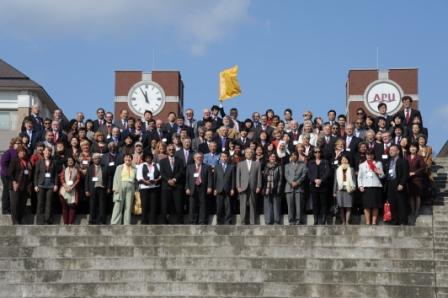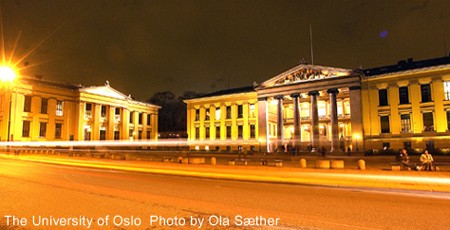On December 3–5, 2014, Sylff fellow Xena M. Cupido organized a highly successful interactive workshop in Gleemoor, Athlone, Cape Town, South Africa, for 30 youth leaders between 16 and 19 years old. The first day of the three-day workshop, financed with a Sylff Leadership Initiatives grant, was devoted to improving communication, the second day to promoting leadership, and the final day to expanding opportunities for engagement. Photos and videos of the workshop can be viewed at http://sayouthleadership.weebly.com.
Cupido received a Sylff fellowship from the University of the Western Cape in 2012. The following reports were filed by two other UWC Sylff fellows: Althea Whitaker, who coordinated the attendance of fellows at the workshop as observers, and Errol Brierley.
* * *
Day 2: Facilitating Creative Leadership
Errol Brierley
I was privileged to observe the leadership session of this Cape Town SLI project, and accordingly this report will begin by reflecting on the skill with which the facilitator assisted a group of teenage leaders, who were eager to learn about leadership styles and ways to influence a community. Xena was particularly skillful in helping the young leaders to achieve these objectives without taking sides in any deliberations or presentations.
Notwithstanding the fact that the young leaders came from a variety of backgrounds in terms of geographical location, cultural ethos, and the challenges their communities faced, they clearly displayed a common tenacity in pursuing specific societal values and experiences. The atmosphere among the young leaders was that of active participants really enjoying the learning process. I was impressed by the young leaders’ practical knowledge in engaging with the information that was taught. Despite their youth and innocence, they were very aware of and able to understand all topics. They looked up to positive role models like Nelson Mandela and the many political activists who have served in the South African government but at the same time lamented that such role models were not to be found in their communities at present. The materials presented were consistent with the values and guidelines of the National Youth Development Policy Framework.
The emphasis of this policy framework is on the need to give youths the opportunity to develop leadership skills and the competency to recognize poor leaders in their communities. The young leaders’ comprehension of the principles of leadership and related complexities reflected their sense of purpose and awareness of their own personal strengths, as well as of the areas requiring further growth.
The facilitator provided impeccable guidance toward creative leadership. Her presentation highlighted real, practical constraints and reflected social and ethical concerns. What I found impressive is the fact that the facilitator had the ability to intervene in ways that encouraged creativity among the participants, rather than seeking to lead the discussion and taking away the group’s initiative.
The group dynamics clearly reflected differences in the backgrounds and orientations of the participants, and the facilitator was successful in getting all involved in the discussion. The workshop was interactive and enjoyable, thus resulting in a true learning experience. Understanding leadership can be very complicated, but the techniques and tools of the facilitator, as far as I could see, kept the learners focused on and interested in the workshop material.
This suggests that the approach adopted by the facilitator can play a key role in successfully familiarizing young leaders with what seemed to me to be complex material. The young leaders understood the content of the training and spoke confidently on various topics. They learned that a leader’s role and position were not easy to attain and that a leader needed to consider many aspects in that role. In order to bring about positive social change, a leader must be creative and be able to influence the behavior of others. By applying the new knowledge gained in the training sessions, the young leaders will surely be in a better position to make a difference in their communities.
Day 3: Opportunities for Engagement
Althea Whitaker
On entering the room on day three, one immediately got the impression that quite a bit of work had gone into creating this cooperative atmosphere. The program of the day was structured around several subthemes that consolidated the topics covered over the three days. I observed 30 very enthusiastic young leaders who participated actively in the day’s programs.
The first theme was the importance of research in paving the way to effective leadership. The approach used was experiential, asking the young leaders to write down what they knew about their research topics. The process was followed by group discussions to come up with new ideas and methods of gathering information.
The second theme introduced the young leaders to the process of selecting topics and the means of deciding on a focus. They were taught the process of reaching a consensus in a group and of voting to decide on issues.
The third theme was to consider community issues and assets and to discuss the root causes of the challenges identified. This was an important session, as it taught the young leaders the importance of embarking on approaches that evolve from within the community so as not to impose inappropriate solutions.
The fourth theme was to introduce them to the process of concept mapping and to identify the causes and effects of community issues. Once the concepts were identified and categorized, they moved to the fifth theme, which taught them the process involved in the advocacy of the selected issues.
They were taught organizational skills and how to view the community in terms of the various infrastructure resources available to support youth-related programs and topics and to find solutions through the drafting of Neighborhood Needs Maps and Community Asset Maps, taking time to connect with the neighborhood.
The day concluded with an awards ceremony, where the young leaders had an opportunity to apply some of the techniques that was imparted over the three days by validating each person. They were asked to call out the next person after receiving a certificate of participation and to express the value the person imparted on them over the last three days. This called for careful thinking about and the application of the listening skills they were taught over the three days toward their new friends. Some of the words of appreciation were very emotional and reflected the journey the young leaders had travelled over the three days.
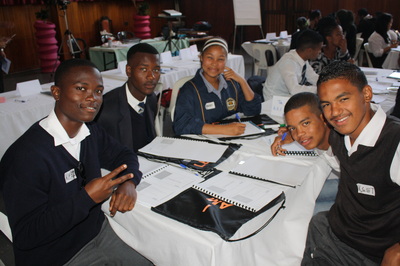 I would like to express my sincere congratulation to Xena for the very successful three-day event that she hosted. I could see that the young leaders felt empowered and were proud of the new knowledge they gained—especially about themselves—over the three days. I would like to also thank Xena for her vision and the Sylff Leadership Initiatives program for supporting this very important leadership development program, which Athlone and the surrounding communities of the Western Cape so badly need. Athlone is a very old suburb created to house historically disadvantaged groups that had been displaced from South Africa’s biggest economic centers as part of the country’s apartheid policy.
I would like to express my sincere congratulation to Xena for the very successful three-day event that she hosted. I could see that the young leaders felt empowered and were proud of the new knowledge they gained—especially about themselves—over the three days. I would like to also thank Xena for her vision and the Sylff Leadership Initiatives program for supporting this very important leadership development program, which Athlone and the surrounding communities of the Western Cape so badly need. Athlone is a very old suburb created to house historically disadvantaged groups that had been displaced from South Africa’s biggest economic centers as part of the country’s apartheid policy.
Athlone was established in the 1930s, and compared to newer residential areas built for the poor, its infrastructure and those of such surrounding areas as Silvertown, Mountview, and Hanover Park—home to residents from working-class backgrounds—are fairly well developed. As such these neighborhoods have been largely overlooked by the government’s development aid programs. The high schools that participated in the workshop are Peakview, Mountview, Alexander Sinton, Belgravia High, Windsor, Maitland, and Oude Molen, located in working-class to poor areas. Most people living in these areas had been employed in the manufacturing sector in the Western Cape, but due to the closure of many factories, quite a number of workers have lost their jobs, and their families have fallen into poverty.
The poverty rate in the Western Cape is lower than most other provinces in the country, but because of the high rate of migration and the impact of the economic situation, many communities have been adversely affected. The Western Cape has 1,452 schools, of which 885 are categorized as “very poor.” The rest are dependent on state financial support to keep them running and to provide stationery to all learners. The neighborhoods where the schools are situated must battle to maintain financial sustainability. While some schools receive assistance from parents, most of the funds to meet running costs come from the government. Many of the participating schools have children attending from very poor residential areas, which impacts on the schools’ ability to collect fees. This is the general trend in the public schools of these neighborhoods, where 20% of the population are poor. One major problem affecting youths in the province is drug abuse.
It is very important that leadership programs are offered to give youths the opportunity to rise above their circumstances. External support programs are needed to assist the schools and to provide additional outreach programs. I wish these communities every success in building their futures.
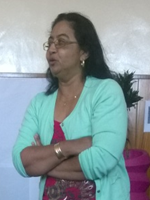
Althea Whitaker
Althea Whitaker is a lecturer at the Cape Peninsula University of Technology and received a Sylff fellowship from the University of the Western Cape in 2004.
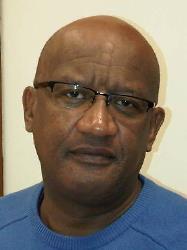
Errol Brierley
Errol Brierley is a human resources manager at Groote Schuur Hospital, Western Cape, and received a Sylff fellowship from the University of the Western Cape in 2005.

